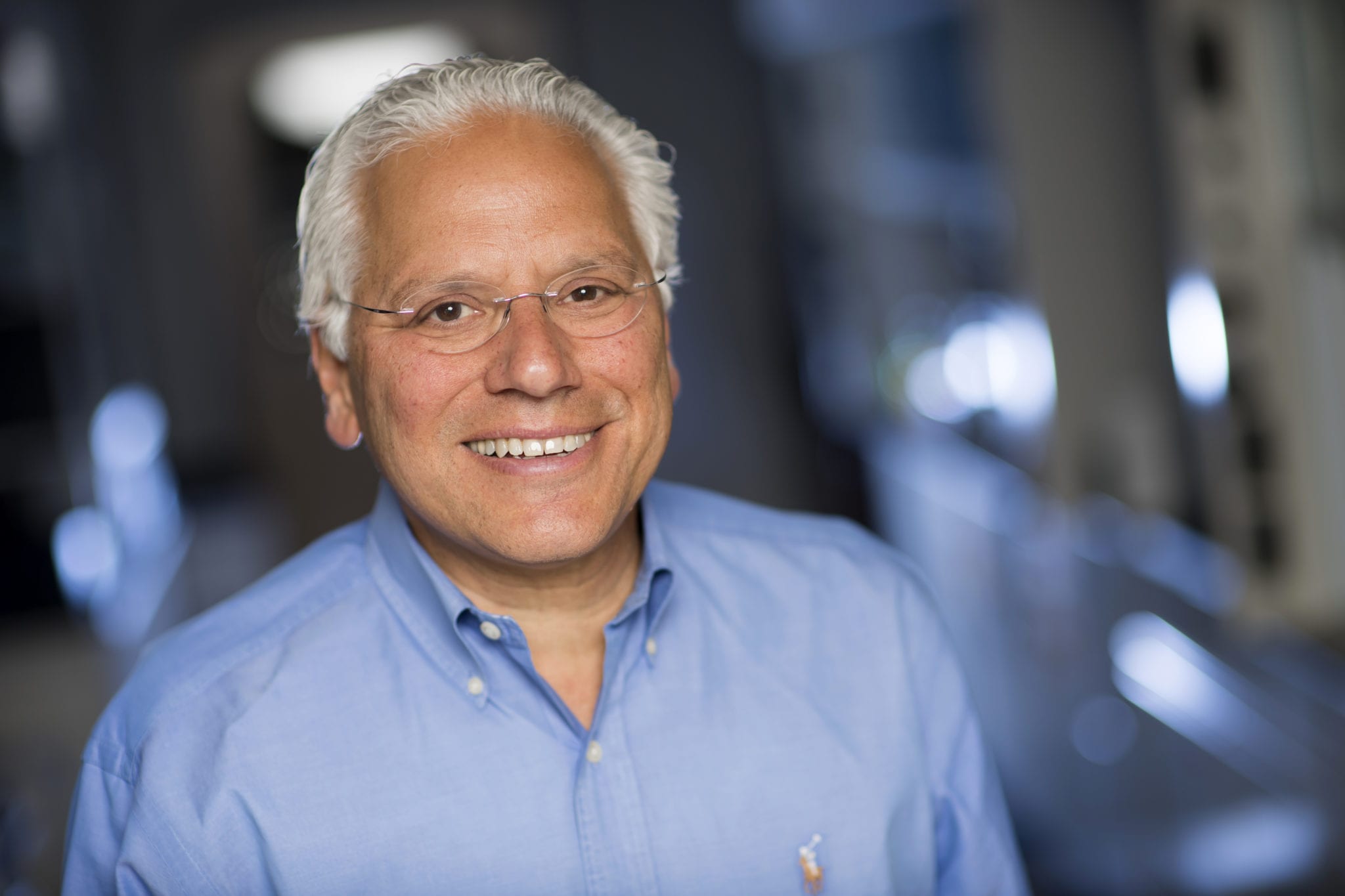
Richard DiMarchi, MBX Biosciences
Successful scientist-investor allies team up again — this time for a stab at rare metabolic disease
A scientist-executive team that, over the last decade, sold one diabetes biotech to Roche for up-to $537 million and two others to Novo Nordisk for …
Sign up to read this article for free.
Get free access to a limited number of articles, plus choose newsletters to get straight to your inbox.